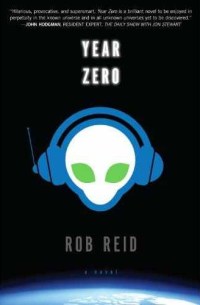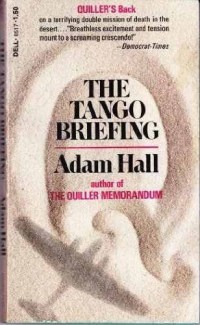The Fear Artist by Timothy Hallinan
 Wednesday, July 11, 2012 at 9:02AM
Wednesday, July 11, 2012 at 9:02AM 
Published by Soho Crime on July 17, 2012
Philip “Poke” Rafferty is an American travel writer who now resides in Bangkok with his Thai wife and adopted Thai daughter. Poke is leaving a paint store -- he plans to paint his home while his wife and daughter are out of town -- when he collides with a running man. A couple of gunshots later, the running man is dead in Poke’s arms, a laundry ticket is in Poke’s pocket, and the Thai version of Homeland Security is interrogating Poke about the man’s last words. It doesn’t take long for Poke’s status to change from witness to suspect. As Poke tries to avoid arrest (or worse), he conducts his own investigation within Bangkok’s shadowy world of former spies and current criminals.
Apart from Poke’s half-sister Ming Li (who shows up in Bangkok to lend Poke an assist) and Vladimir, a morbidly philosophical Russian, the novel’s most significant player is an unhappy spook named Murphy, a former operative in the CIA’s Phoenix Program during the Vietnam War. Murphy is training his creepy young daughter, Treasure, to be a spy -- or a psychopath. While Treasure is an interesting character who makes a less than convincing contribution to the plot, Ming Li enlivens the story with an irreverent teenage perspective. Vladimir provides the novel’s comic relief, as does (in a small role) the despondent boyfriend of Poke’s goth daughter. Each character has a quirky, believable personality.
This is Timothy Hallinan's fifth Poke Rafferty thriller. When Hallinan introduces a character from an earlier novel, he includes a quick summary of the character’s relationship to Poke. For that reason, it isn’t necessary to read the earlier novels before reading this one, but the several backstories are a bit distracting and might even be annoying to fans of the series who are familiar with all the characters.
The tightly constructed plot -- part mystery, part spy story -- is suspenseful and (if you forgive the coincidence of the running man giving the laundry ticket to Poke in his dying moments) credible, a rare combination in thrillerworld. Unfortunately, to the extent that the story turns into “Phoenix Program participant needs to cover up atrocities in Vietnam so they won’t ruin his current career,” it is far from original. The Thai angle gives it a fresh twist and figuring out the multiple betrayals is a challenge. Betrayal is a constant theme to which even Poke is not immune. Circumstances require Poke to betray a friend’s trust, a guilt-inducing event that creates sympathy for his character.
Although Hallinan is a skillful writer, particularly adept at pulling a reader’s emotional strings, he tells the story in the present tense, a technique that is mildly annoying. The text is infused with a political point of view that disapproves of the bullying American tendency to act as a global police force (at least when it serves American interests). Readers who believe that the victims of collateral damage are people, not collateral, will likely appreciate Hallinan’s viewpoint, but more hawkish readers might be put off by the novel’s politics. In any event, The Fear Artist is far from a political diatribe. It is first and foremost an entertaining, fast-moving tale of crime and deception in an exotic locale.
RECOMMENDED



